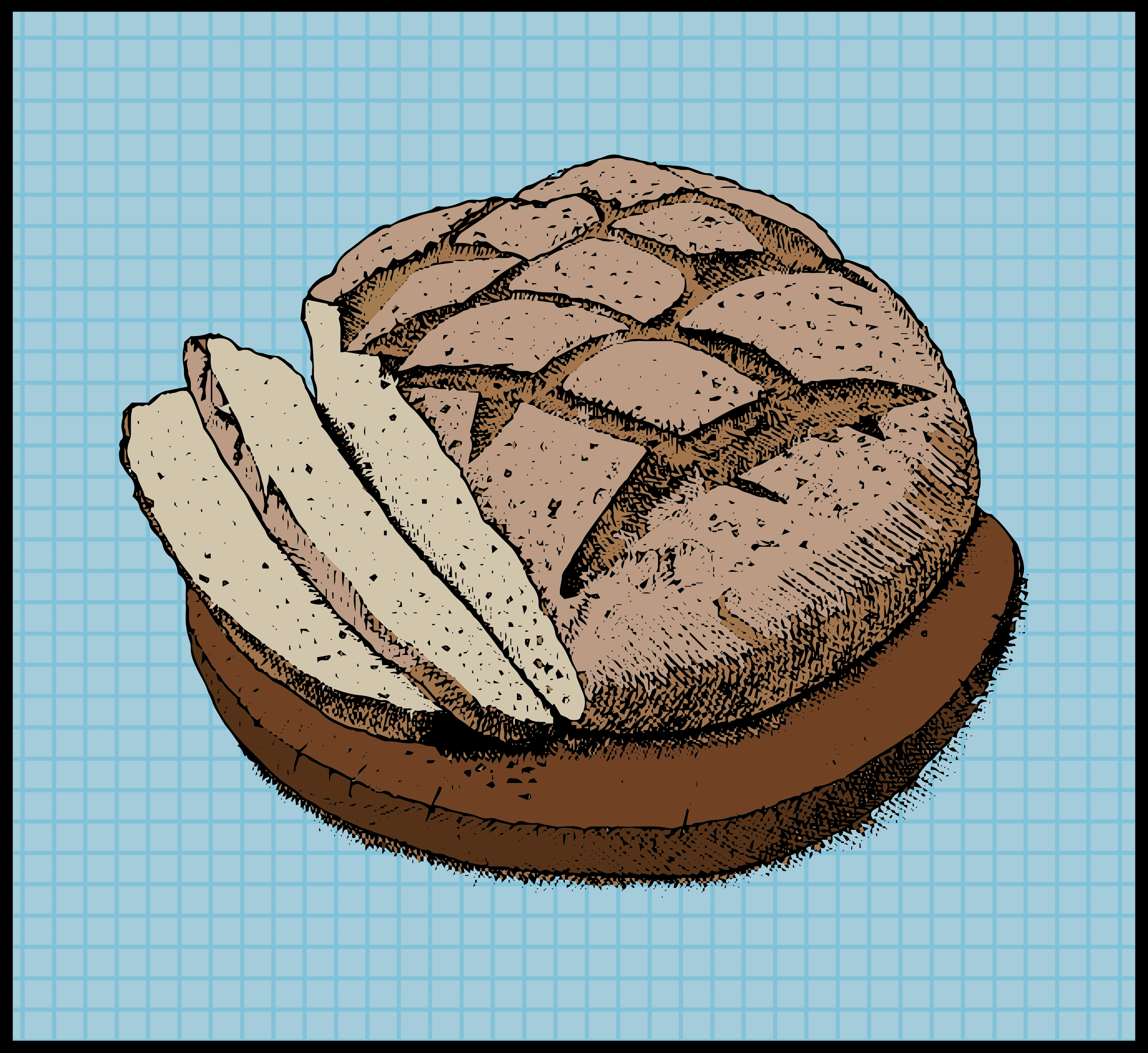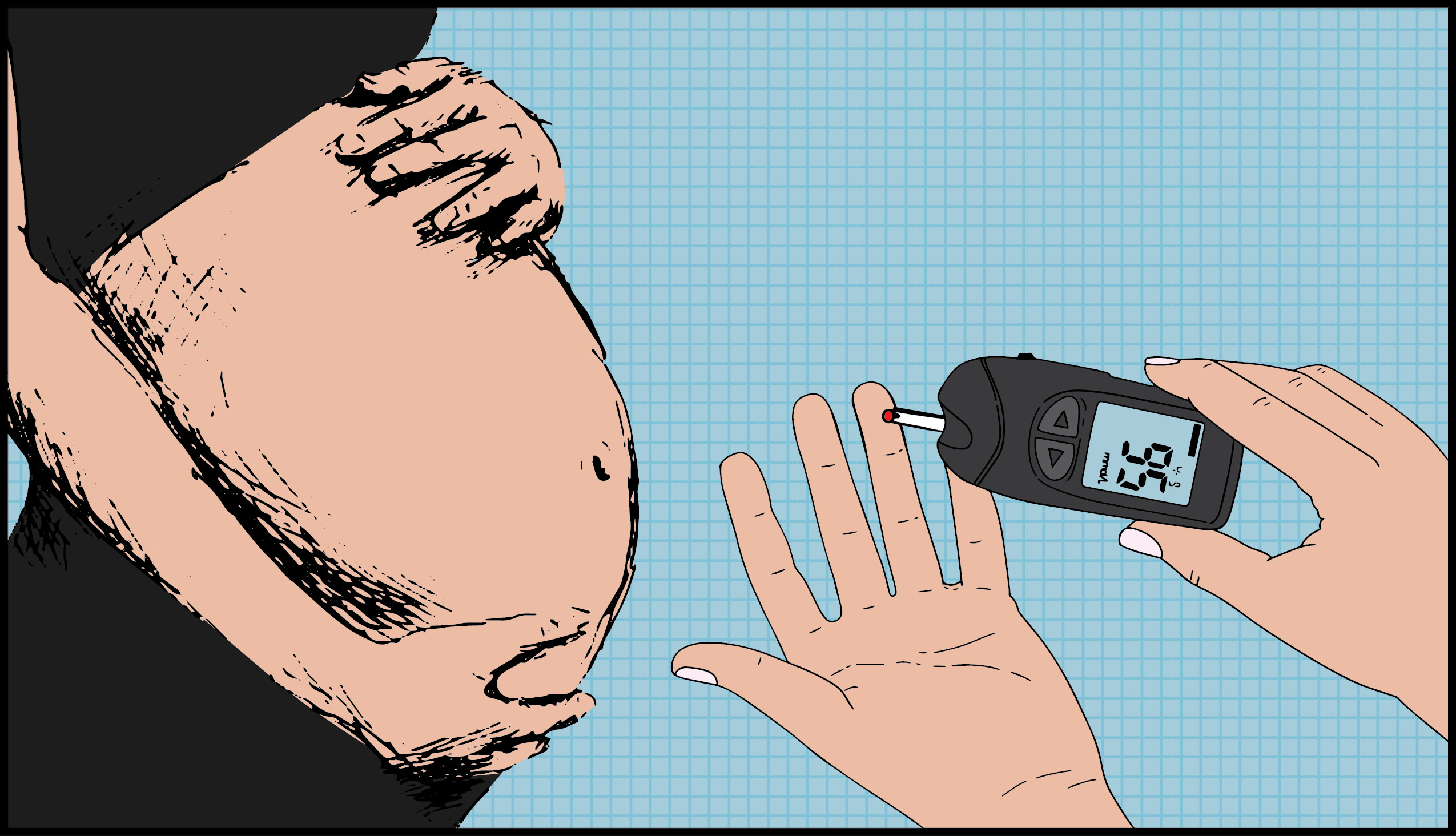
Why Is Sour Dough Better For GDM Than Other Breads
Why is Sour Dough better for moms trying to manage their GDM than other breads?
Sourdough bread tends to cause lower blood sugar spikes compared to other types of bread due to the unique fermentation process involved in its preparation.
Here’s why:
1. The Fermentation Process
Sourdough bread is made using a natural fermentation process that involves wild yeast and lactic acid bacteria. This process differs from the quick rise method used in most commercial breads that use baker's yeast. The longer fermentation period in sourdough has several effects on the bread’s structure and composition:
-
Breakdown of Carbohydrates: During fermentation, the wild yeast and bacteria partially break down the starches in the flour into simpler sugars. This reduces the overall carbohydrate content that your body has to process, leading to a slower and more gradual release of glucose into the bloodstream.
-
Formation of Organic Acids: Lactic acid bacteria produce organic acids, like lactic acid, which lower the pH of the dough. The acidic environment can slow down the digestion and absorption of carbohydrates in the intestines, leading to a lower glycemic index (GI) for sourdough bread.
2. The Glycemic Index (GI)
The glycemic index measures how quickly a food causes blood sugar levels to rise after eating. Foods with a high GI cause rapid spikes in blood sugar, while those with a low GI lead to a more gradual increase.
- Sourdough’s Lower GI: Due to the fermentation process and the presence of organic acids, sourdough bread typically has a lower GI compared to other breads. This means that it causes a slower and smaller rise in blood sugar levels after consumption.
3. Resistant Starch and Fiber
The fermentation process in sourdough bread also increases the amount of resistant starch and certain fibers in the bread.
-
Resistant Starch: This type of starch resists digestion in the small intestine and instead is fermented by bacteria in the large intestine. Because it isn't quickly broken down into glucose, resistant starch leads to a slower release of sugars into the bloodstream.
-
Increased Fiber: The longer fermentation process can also enhance the fiber content of the bread, which further slows down the digestion of carbohydrates and moderates blood sugar spikes.
4. Improved Gut Health
Sourdough fermentation promotes the growth of beneficial bacteria in the gut, which can improve overall digestion and potentially help in better regulating blood sugar levels.
5. Lower Insulin Response
Because of the slower digestion and absorption of carbohydrates in sourdough bread, the body requires less insulin to manage blood sugar levels after eating. This reduced insulin response is particularly beneficial for individuals with insulin resistance or those trying to manage blood sugar levels, such as people with diabetes or GDM (Gestational Diabetes Mellitus).
6. Protein and Fat Content
Sourdough often has a slightly higher protein and fat content due to the flour used and the fermentation process. Both protein and fat can slow the absorption of carbohydrates, leading to a more stable blood sugar level.
Conclusion
The unique combination of slower carbohydrate breakdown, increased resistant starch, and lower GI makes sourdough bread a better option for those looking to manage their blood sugar levels. The natural fermentation process not only enhances flavor but also creates a bread that is gentler on your blood sugar, making it a healthier choice compared to many other types of bread.
XXX Jessie




Leave a comment
This site is protected by hCaptcha and the hCaptcha Privacy Policy and Terms of Service apply.